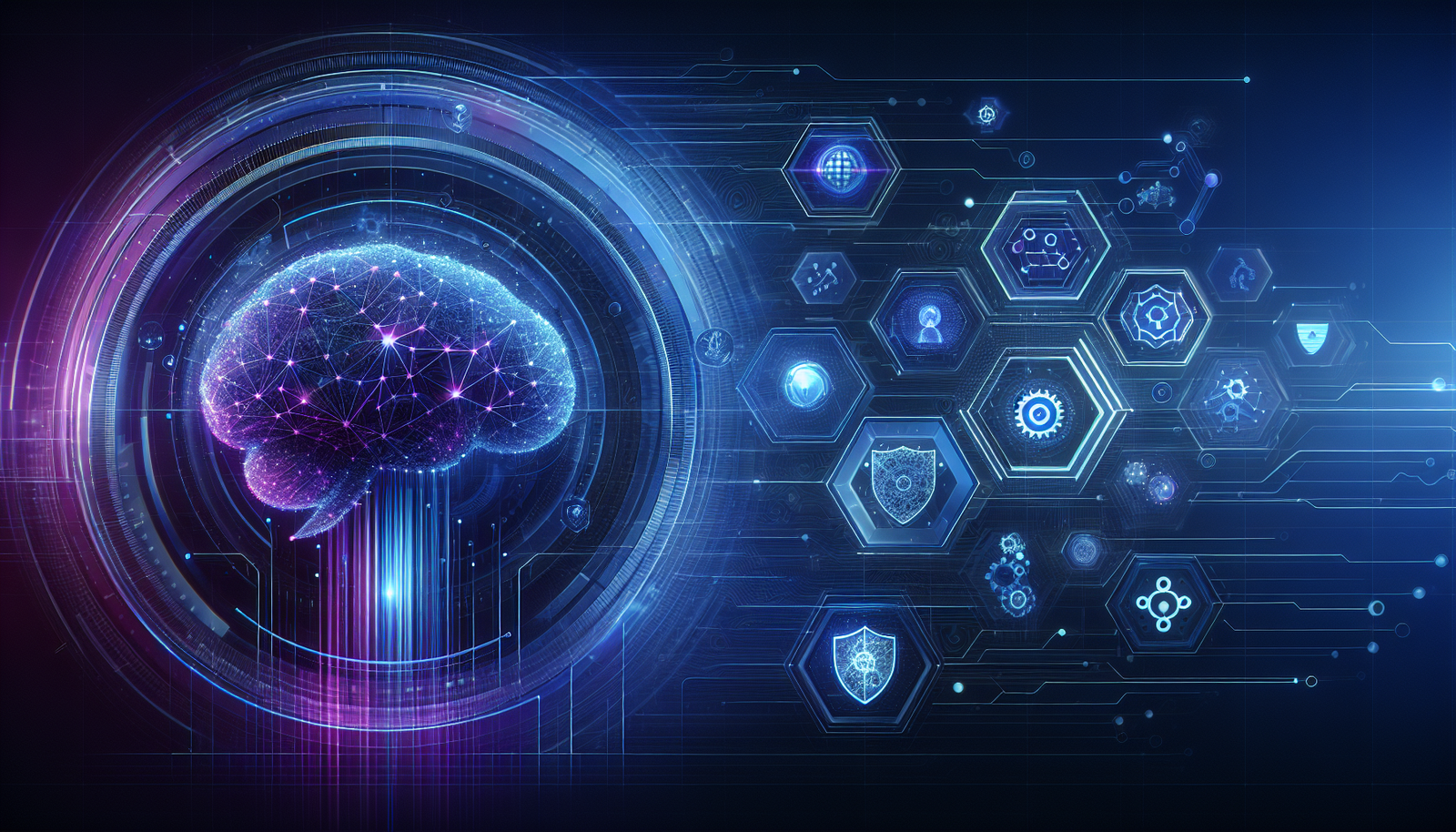The challenges faced by Chief Information Officers in 2025 require strategic adaptation. Cybersecurity appears as an imperative priority, threatened by increasingly sophisticated attacks. At the same time, the rise of artificial intelligence necessitates thoughtful integration into IT infrastructures. Cost optimization also becomes essential, requiring a delicate balance in the face of constant innovations. Navigating these determining issues will demand agility and proactivity. CIOs, now architects of digital transformation, must anticipate these upheavals to ensure the resilience of businesses.
Cybersecurity: a major issue for CIOs
Cyberattacks strike daily against companies across all sectors. According to a study by Gartner, 68% of CIOs place cybersecurity at the top of their priorities for 2025. This concern arises from the increasing number of attacks targeting critical infrastructures and sensitive data. CIOs must proactively anticipate threats by adopting strategies such as:
- Zero Trust Posture: refusing to automatically approve any connection or user.
- Cybersecurity Automation: implementing solutions that allow for real-time threat detection and counteraction.
- Cloud Security: 83% of companies plan to increase their budget allocated to cybersecurity for cloud environments.
CIOs must thus strengthen their defensive posture and anticipate future attacks.
The rise of new technologies: AI and Cloud
Emerging technologies, such as artificial intelligence and the cloud, are now unavoidable. These tools represent levers for innovation and cost optimization. CIOs are compelled to quickly integrate these modalities within their organization. Among the concrete applications, we can mention:
- AI and Automation: using artificial intelligence to enhance data analytics and optimize customer relationships.
- Hybrid Cloud: adopting a hybrid approach allowing flexibility while adhering to regulations.
Data Governance and Regulatory Compliance
The proliferation of data protection regulations requires rigorous governance. CIOs face major challenges such as:
- Compliance with international regulations, especially with the introduction of mandatory electronic invoicing.
- Securing sensitive data: implementing strict policies for managing and protecting information.
- Data Governance and Access Management: adopting centralized and secure data management.
An increasing number of companies are migrating to sovereign cloud solutions to enhance control over their sensitive data.
IT Cost Optimization
Accelerated digitalization exerts increasing pressure on IT budgets. According to a study by Forrester, 65% of CIOs are faced with the necessity to optimize IT costs while continuing their digital transformation. The strategies to adopt include:
- FinOps: managing cloud spending to avoid waste.
- Application Rationalization: reducing the number of redundant tools to decrease maintenance costs.
- Outsourcing and Managed Services: outsourcing certain IT functions to focus on core business activities.
Attraction and Retention of IT Talents
The IT sector is facing a growing talent shortage. In 2025, 69% of CIOs believe that skills management is a major challenge. Solutions must be implemented to address this issue. CIOs will need to focus on:
- Upskilling and Reskilling: training employees internally to fill the skills gap.
- Hybrid Work Models: despite the trend of returning to the office, remote work proves essential for attracting talent.
- IT Employer Branding: highlighting attractive technological projects to entice experts.
Involvement of CIOs in Sustainability and Digital Responsibility
Environmental and societal demands increasingly weigh on companies. CIOs must integrate a responsible and sustainable approach into their digital transition. According to Gartner, 60% of CIOs consider eco-responsibility a priority axis. Initiatives to develop could include:
- Green IT: optimizing IT infrastructures to reduce energy consumption.
- Digital Sobriety: creating lightweight and less energy-consuming applications.
- Recycling and Reusing Equipment: adopting a circular approach to limit electronic waste.
Some companies are migrating to data centers powered by renewable energy, thus reducing their environmental impact.
Frequently Asked Questions about the Challenges of CIOs in 2025
What are the main challenges that CIOs will face in 2025?
CIOs will face several challenges, including cybersecurity, the integration of new technologies like AI and Cloud, data governance, IT cost optimization, talent attraction, and eco-responsibility.
How does cybersecurity impact the role of the CIO in 2025?
Cybersecurity is considered the top priority for CIOs, so they must anticipate cyber threats and implement strategies such as Zero Trust posture and automation of security processes.
What is the importance of artificial intelligence for CIOs in 2025?
AI is a crucial lever for improving data analysis, automating tasks, and optimizing the customer experience, making its integration essential within organizations.
What are the best practices for data governance in 2025?
CIOs must ensure compliance with international regulations, secure sensitive data, and adopt centralized and secure management of information.
How can CIOs optimize IT costs in 2025?
They can adopt practices such as FinOps for managing cloud spending, rationalizing applications to reduce maintenance costs, and exploring outsourcing some IT functions.
What strategies can CIOs implement to attract and retain IT talents?
Initiatives such as internal training (upskilling and reskilling), implementing flexible work models, and developing an attractive employer brand are essential to tackle this challenge.
How do sustainability and digital responsibility concern CIOs in 2025?
Companies must integrate eco-responsible practices to reduce their carbon footprint, which includes optimizing IT infrastructures and developing less energy-consuming applications.






